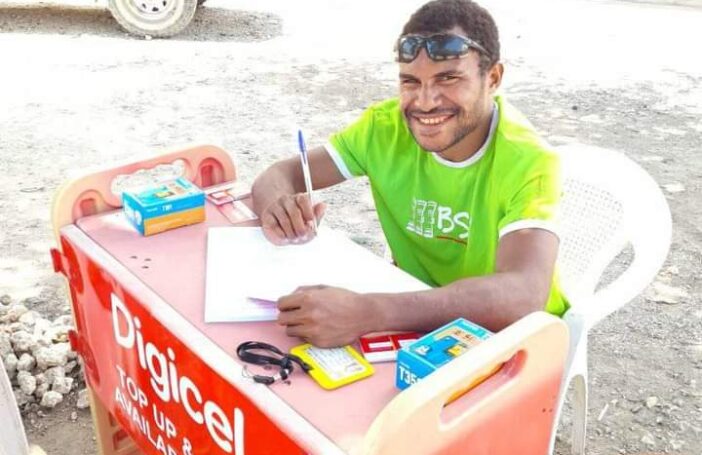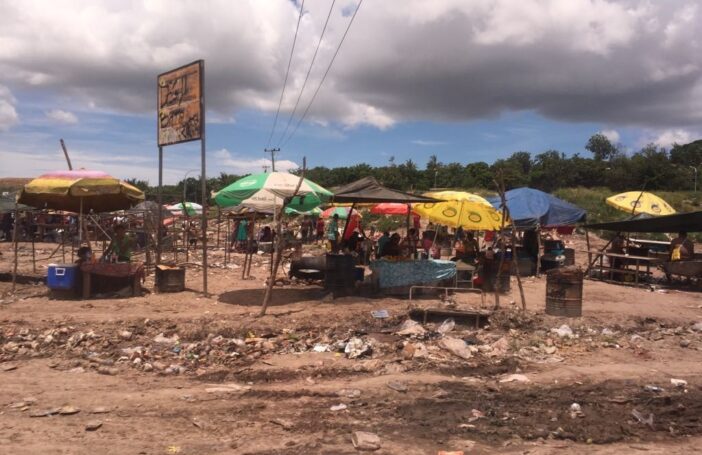Abstract:
We study the impacts of a comprehensive financial inclusion program in a particularly remote, insecure and low-trust setting, lacking bridging institutions to facilitate sustained interventions. We evaluate this program in Wewak district in northwest Papua New Guinea, by randomly assigning treatment to 41 of 79 villages. The program involves a two-day financial literacy training workshop, timely offers of no-fee bank accounts with reduced administrative hurdles, and savings ‘nudges’. We use both survey and bank account administrative data to measure its impact on financial literacy, budgeting and savings behaviour, as well as on the ownership and use of bank accounts. Although 25% of adults in treatment villages attended the training and 70% of participants opened a bank account, we do not detect any significant downstream effects. Our results draw into question the benefit of initiatives aiming to ‘bank the unbanked’ in remote areas, revealing challenges in promoting financial inclusion among the next frontier of underserved and hard-to-reach populations.
Suggested citation:
Hoy, C. & Toth, Dean, R. 2020, ‘Taking financial access to remote and insecure areas: impacts of a comprehensive financial inclusion intervention in Papua New Guinea’, Discussion Paper No. 89, Development Policy Centre, Crawford School of Public Policy, Australian National University, Canberra.



